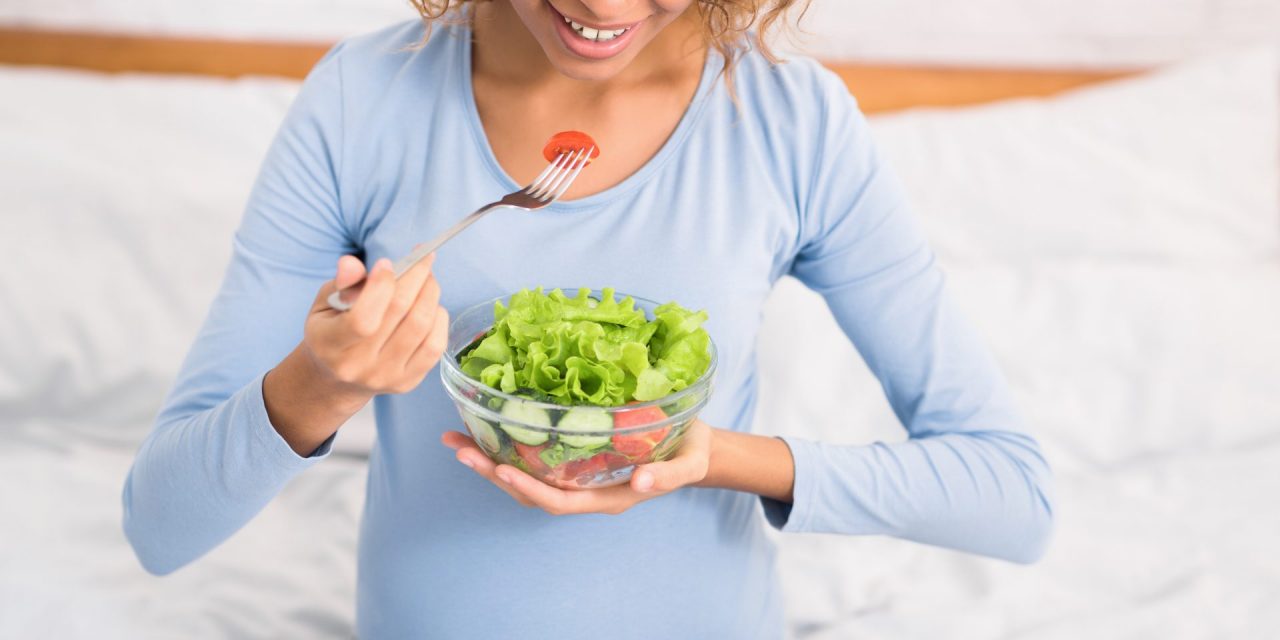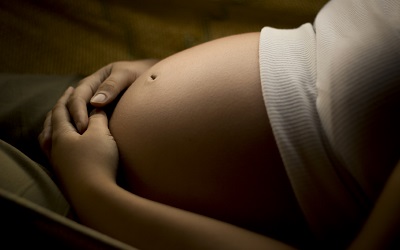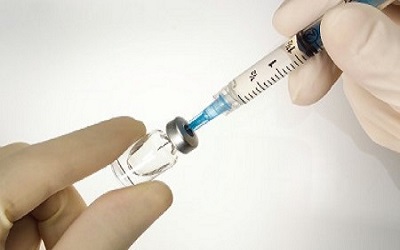Key to a healthy pregnancy is sufficient iron levels. When pregnant you need twice the amount of iron as you did before pregnancy as your body uses iron to make extra blood for your baby. Iron is used to make haemoglobin which helps red blood cells to store and carry oxygen around the body. If there is not enough iron in our blood, the tissues and organs in the body will not receive as much oxygen as usual which is not good for you or your growing baby.
How much iron do I need?
The RDA for iron in non-pregnant women is 14mg/day. This increases to 27mg/day in pregnancy. Low iron can lead to anaemia which is associated with pre term delivery, low birth weight and infant mortality.
Who is at risk of low iron?
* If you are pregnant with more than one child.
* If you have pregnancies close together.
* If you have been vomiting due to morning sickness/hyperemesis.
* If you began the pregnancy with insufficient iron stores.
* If you had heavy periods prior to pregnancy.
How to know if I have enough iron in my blood?
At your booking appointment, the midwife will test the haemoglobin (hb) in your blood and advise you if you require to increase iron rich foods or take supplements. As your pregnancy progresses and your haemoglobin levels decrease, you may develop symptoms of anaemia. Symptoms of Anaemia are dizziness, fatigue, shortness of breath, pale skin and gums, rapid heart rate, poor concentration. If you experience any of these symptoms you must tell your midwife or doctor so that your haemoglobin can be tested again. You may need to take iron supplements.
Where can I get iron?
Food sources of iron.
There are two dietary forms of iron.
* Haem iron: found in animal foods only.
* Non-haem iron: found in plant and animal foods.
Iron from haem iron is better absorbed than non-haem iron.
Heam iron (animal)
Red meat
Oily fish e.g. salmon, mackerel
Non haem-iron (plant)
Green leafy veg e.g. cabbage, spinach, kale.
Poultry
Beans, barley and lentils
Eggs
Pumpkin seeds
Iron-fortified bread/cereal.
Iron Supplements
Diet alone may not be enough to increase iron levels. Supplementation may be necessary. Your midwife or doctor will advise you on what supplements and how much to take. Iron supplements can upset your digestive tract causing constipation, nausea, heartburn. Another harmful side effect is a dark stool. To relieve symptoms of constipation, increase fibre foods such as wholegrains, fruit and vegetables, drink prune juice and increase water intake. If you cannot tolerate iron supplements, please tell your midwife or doctor.
A few tips:
* Have a varied diet of iron rich foods.
* Have vitamin C rich foods at the same meal such as citrus fruits,
leafy greens and peppers which aid iron absorption.
* Avoid tea and coffee 2 hours either side of meals. The tannins in tea decrease absorption of iron.
* Eat calcium foods e.g. dairy separate from iron foods as both compete for absorption.
Having good iron stores can reduce the likelihood of needing a blood transfusion following birth. Iron supplementation for pregnant women should always be individualised as everyone’s needs are different.
Always speak to your health care provider prior to taking supplements.
Bio:
Paula McMeel is a student nutritional therapist in the College Of Naturopathic Medicine, Dublin. Paula is also a registered midwife and nurse with over 10 years’ experience and is currently a staff midwife in the Coombe Women & Infants University Hospital.





